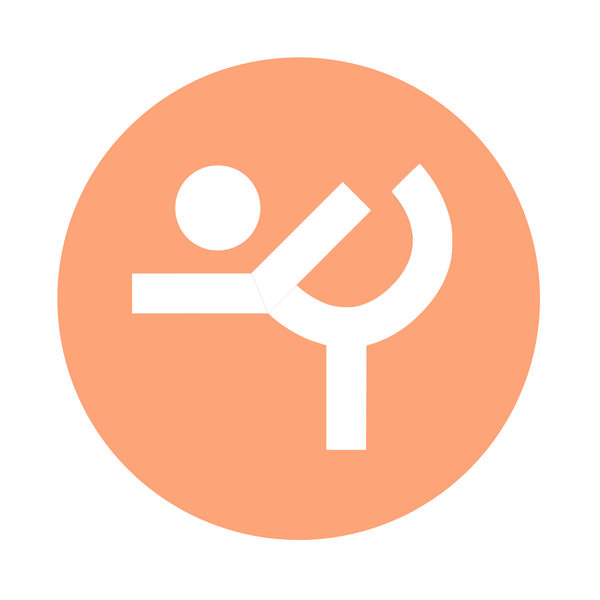Scoliosis is more than just a sideways curve of the spine—it often comes with uneven muscle strain, postural imbalances, and chronic discomfort. While treatments like physical therapy and exercise are central to scoliosis care, compression therapy (supportive garments like Jelliebend) can offer an additional layer of relief.
✨ Ways Compression Therapy May Help
- Stabilizes the Spine & Reduces Painful Micro-Motions
- With scoliosis, spinal segments may shift or rotate in ways that irritate joints, discs, and nerves. Gentle compression can help stabilize these areas, reducing small, painful movements that aggravate symptoms.
- Schott et al. (2018) found lumbar orthoses provide stabilization and early pain relief by supporting weak spinal segments.
- Balances Muscle Loading
- In scoliosis, one side of the body often overworks while the other under-engages. Compression helps distribute pressure more evenly, which may reduce fatigue and soreness.
- Anders & Hübner (2019) showed that elastic lumbar supports change trunk muscle function and reduce overstrain in some groups.
- Encourages Better Posture Awareness
- Compression garments provide proprioceptive feedback—that subtle reminder to sit taller or align your torso. This doesn’t “fix” scoliosis but can help manage posture-related pain.
- Im et al. (2022) reported that belts improve proprioception and stiffness in the lumbar region, helping users maintain supportive alignment.
- Improves Comfort During Activity
- Many people with scoliosis find that daily tasks or exercise flare up pain. Wearing a supportive compression garment during activity can make movement more comfortable, enabling consistent participation in therapy and exercise programs.
- Drug-Free, Non-Invasive Relief
- Compression therapy doesn’t require medications or invasive interventions. For many, it’s a safe option to layer into their scoliosis management plan—especially on days when pain is more noticeable.
Things to Keep in Mind
- Compression garments do not correct the spinal curve in scoliosis. They are for comfort and symptom management, not structural treatment.
- Over-reliance on braces without maintaining exercise can weaken muscles—best results come when compression is paired with a strong rehab or PT plan.
- Always consult with a physician or physical therapist before starting compression therapy, especially for moderate to severe scoliosis.
✨ Bottom line: Compression therapy from garments like Jelliebend offers scoliosis patients supportive stability, muscle balance, and pain relief—without surgery or medication. It’s not a cure, but it can be a comforting companion on the scoliosis journey.
Supporting Research
- Schott, C. et al. (2018). Effectiveness of lumbar orthoses in low back pain. PMC
- Anders, C., & Hübner, T. (2019). Influence of elastic lumbar support belts on trunk muscle function. PLOS One
- Im, S. et al. (2022). The effect of lumbar belts with different extensibilities on proprioception and stiffness. PMC
Medical disclaimer: ✨ Jelliebend is a wellness product. If you’re managing health conditions, check with your physician before use.
